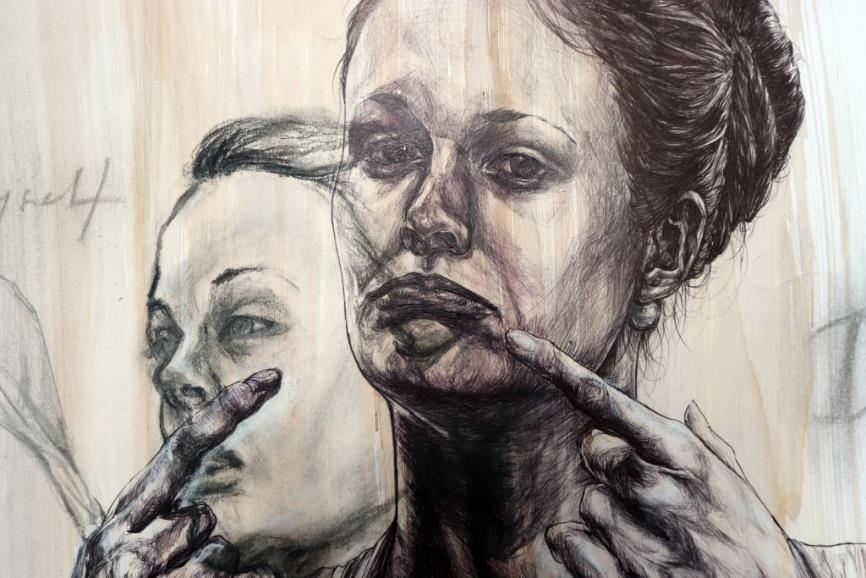
3 minute read
Theory of Knowledge
Theory of Knowledge
Core Content: Students are encouraged to consider their own experience as learners, comparing and contrasting the approaches to knowledge taken by their various subjects. Central to the course is their own experience as knowledge producers in a variety of contexts, both formal subjects like the arts, history, the human and natural sciences and mathematics, and in other less formal communities of knowers like sports and special interests groups. They will also consider the impact of technological, political linguistic, religious and ethical influences on their knowledge.
Internal Assessment:
External Assessment:
33% Exhibition with objects of their choosing with a commentary on how they manifest knowledge issues in the world. 67% Essay (1600 words) from list of six prescribed titles.
The Theory of Knowledge course is the only course that all Diploma students take; as such it embodies the spirit and approach of the Diploma as a whole. With the Extended Essay and Creativity, Action, Service components, it provides the cement that makes the Diploma a coherent and integrated qualification.
Theory of Knowledge (TOK) challenges students to question the foundations of the knowledge various communities of knowers produce. Based on their own experience as knowledge producers in the context of the disciplines they study, the course provides frameworks to compare and contrast their approach to knowledge construction, allowing students to develop a more mature view of their subjects, and develop a deeper understanding of them. The application of these skills varies according to subject: students might examine, for example, how reasoning in Mathematics is similar to, and different from, its role in the Natural Sciences, or the ethical implications of using human subjects in psychological experimentation or the function of history as a way of understanding ourselves in the present.
The course also encourages students to explore their own individual approaches to knowing the world, to spot intentional or accidental bias, and to understand their own and others' perspectives. The course fosters both confidence in understanding how to confidently develop reliable knowledge, and the humility to understand the limits of our individual outlooks.
In the internally assessed Exhibition, students choose a question prompt regarding the nature of knowledge and identify objects from their own experience to investigate possible responses to the prompt. For example, they might use a religious artefact to explore the extent to which some knowledge "belongs" to certain communities, or use a mathematical equation developed from their Extended Essay to explore whether bias is present in all forms of knowing. They might use exercise books developed as part of their CAS service projects to explore whether we have a responsibility to transfer the knowledge we have or use the
Periodic Table of the Elements from their chemistry class to explore how the ways in which we classify knowledge constrains or promotes further knowledge.
Their external assessment the IB sets titles dealing with knowledge issues and students construct a reasoned essay in response. Examples of such titles are:
• How important are the opinions of experts in the search for knowledge? Answer with reference to the arts and one other area of knowledge. • Is the division of the natural sciences and mathematics into separate areas of knowledge artificial? • When historians and natural scientists say that they have explained something, are they using the word “explain” in the same way? • Are there fewer ethical constraints on the pursuit of knowledge in the arts than there are in the human sciences? • How do our expectations impact our interpretations? Discuss with reference to history and one other area of knowledge. • To what extent do you agree with the claim that “knowledge is of no value unless you put it into practice” (Anton Chekhov). Answer with reference to two areas of knowledge.
Contact for further information:
Mr John Sprague, john.sprague@tts.edu.sg








